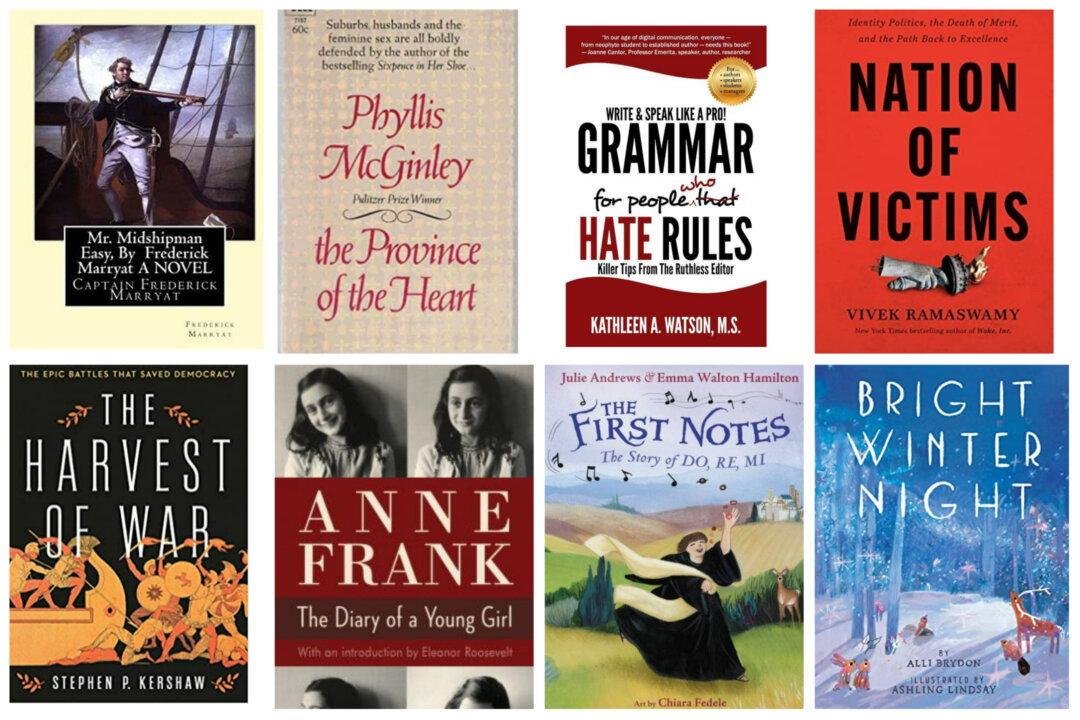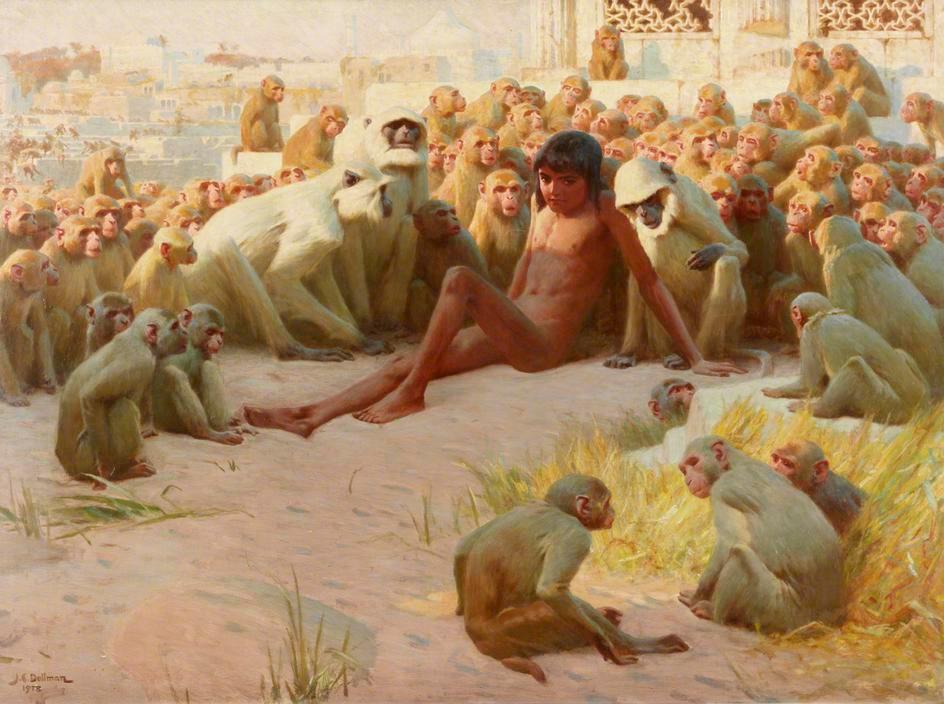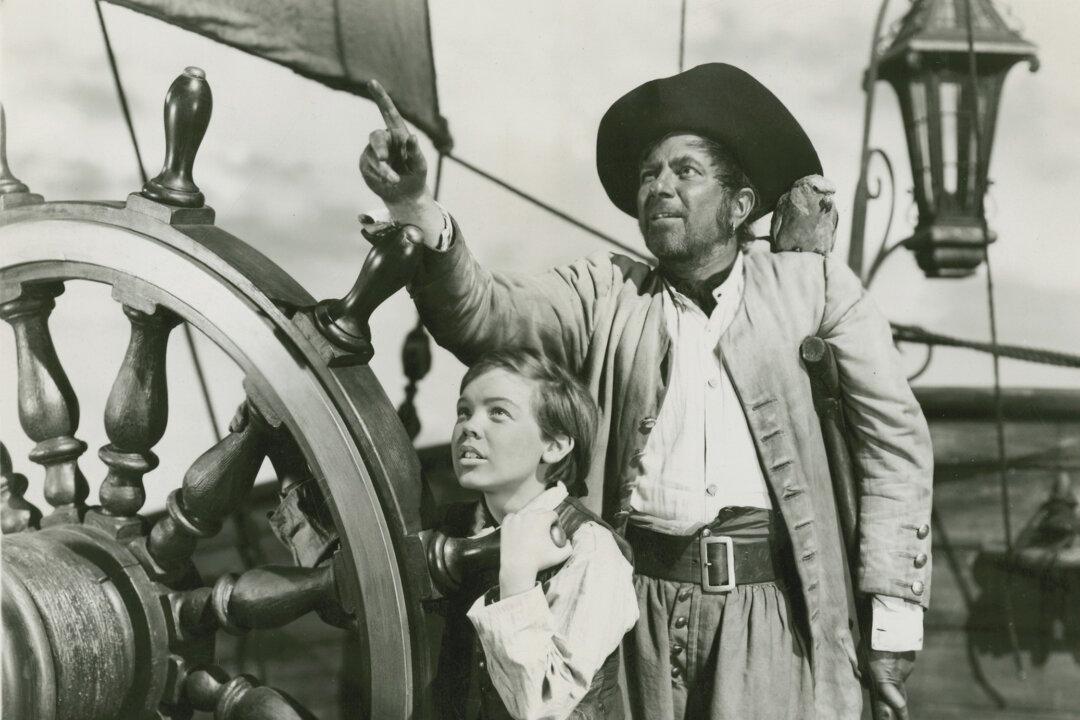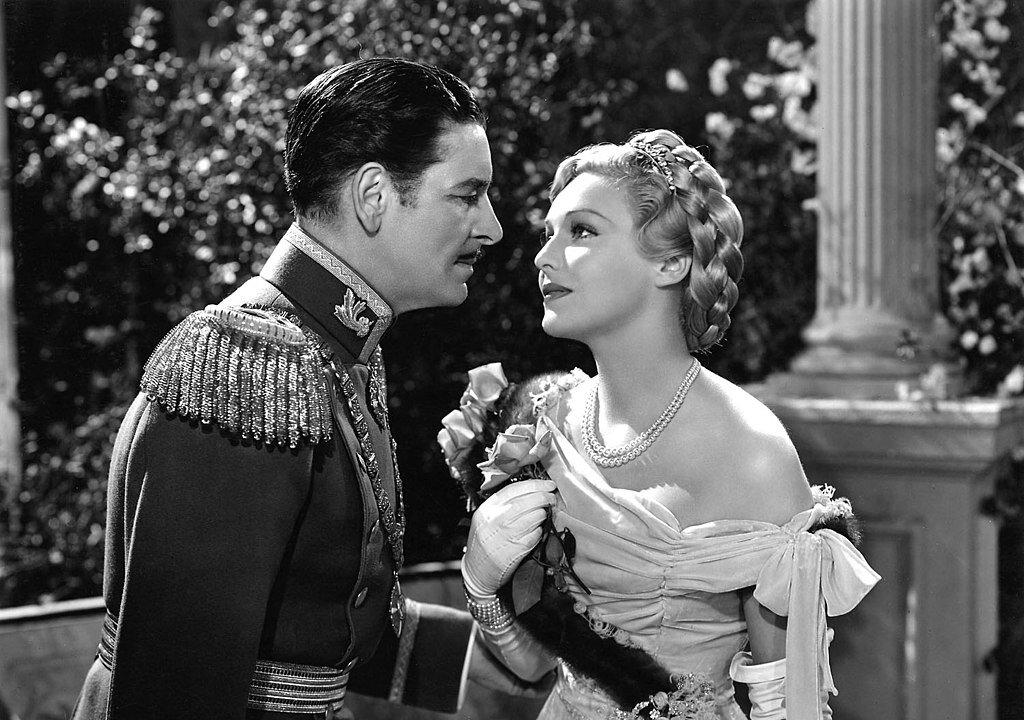There is an old story retold a hundred times from Anatole France to Tomie dePaola about an old juggler who performs his very last act before a statue of the Virgin Mary and Christ Child in a dark church. This playful spectacle of flying colored balls was a gift of delight offered to heaven, and one blessed by a delightful miracle for, as the story goes, when the clown falls to the floor in death, the Child catches the last falling ball.
The dying clown could offer nothing but his playful frivolity. After all, the human race is a frivolous race; but play has a purity about it that is profound. Old things are made new again by the power of play, a power wielded by young ones and those old enough to be children again. There are fewer lessons to be taken more seriously than the lesson of play—of making things new, of playing well in all stages of life and learning, so that the delights of the visible and invisible may play a part in every soul’s journey.





